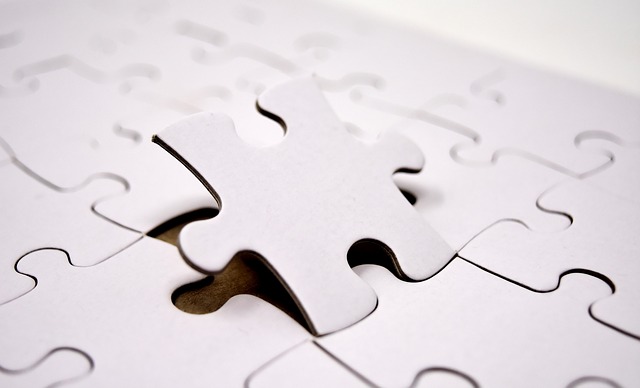
Yehudah drew close to him.[2]
There is more to this gesture than meets the eye. It is not just about an emboldened Yehudah who seizes an opportunity to ask for mercy. The preposition “eilav” gives it away. So does the phrase, “May your servant please speak to the ear of my master.” Both indicate a move towards great, not casual, closeness.
The Zohar[3] penetrates the deeper layer of meaning that our pasuk alludes to. “This was an approach of one world to another, so that the two would unite and become one. Yehudah is a melech, and Yosef is a melech…Coming together and becoming one brought great good: peace between the shevatim, peace between the two of them, and the revival of Yaakov’s spirit.” This restoration of harmony would play out again in the times of Moshiach, say Chazal,[4] citing the verse, “Ephraim [i.e. Yosef] will not be jealous of Judah, nor Judah hostile toward Ephraim.”[5]
The revival of Yaakov’s spirit is a great part of achieving complete unity among his descendants. We allude to this frequently in our davening: May He who makes peace on high, create peace among us.” Are there fights in shomayim that Hashem has to referee?
In a sense, yes! There is tension between Gavriel and Michael – between the din and chessed that they champion. Hashem pacifies them; He brings them together. This is also the hallmark accomplishment of Yaakov, whose tifferes takes from both chessed and din, merging them together. We daven that Hashem should bring all of Klal Yisrael together through their common shoresh neshamah, which is Yaakov/Yisrael!
This idea is part of the message that Yosef sent to Yaakov through the wagons he sent, alluding to the eglah arufah. The eglah arufah ceremony responds to and counters, says the gemara,[6] those with a begrudging disposition. Yosef meant to signal to his father that he bore no jealousy towards his brothers, and held no grudge towards them for their early mistreatment of him.
Similarly, when Yosef inquired, “Is my father still alive?” he knew full well that Yaakov had not perished. All the conversation between the brothers and Yosef centered on that fact. Yosef, however, meant the following. Is there anything left of the true Yaakov, who admits of no dissension and enmity? Yaakov would live on till the end of time, through his children, even after his death. As Chazal say, “Yaakov didn’t die.”[7] But how much of the core, essential Yaakov exists as we stand here, together in Egypt? Have all of you banished infighting and jealousy from yourselves? Only if you can testify that this is true about yourselves can you fully claim that our father is still alive – for true “chaim” implies unity. Yaakov can be said to be alive only when his children are at one with each other.
We take our national name Yisrael from Yaakov, alone among the avos. His integration of chessed and gevurah is the surefire way to display Hashem’s greatness. Achdus among Jews is nothing less than kevod shomayim.
- Adapted from Be’er Moshe, by the Ozharover Rebbe zt”l ↑
- Bereishis 44:18 ↑
- Zohar1 206a ↑
- Bereishis Rabbah 94:3 ↑
- Yeshayahu 11:13 ↑
- Sotah 38b ↑
- Taanis 5b ↑


